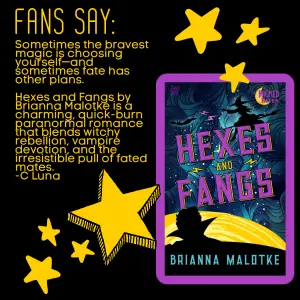Review of The Fire Concerto by Sarah Landenwich
When I first picked up The Fire Concerto by Sarah Landenwich, I was immediately taken by the allure of a novel intertwining historical fiction with the esoteric world of music. As someone who finds solace in the melodies of the past, I was irresistibly drawn to the prospect of fictional composers like Pleyel and Starza coming alive on the page. And while my anticipation was high, the journey through Landenwich’s rich tapestry yielded a mixture of striking moments and puzzling detours.
One of the most captivating aspects of the novel is its historical subplot. The vibrant lives and music of Pleyel and Starza were masterfully crafted, transporting me to a different era where notes practically danced off the pages. At points, I was convinced that these composers must be based on real figures; their stories felt so genuine, I longed to hear the music that never existed outside this book. Kudos to Landenwich for making the fictional feel so tangible that I could almost hear it playing in the background. I can only imagine the magic of an adaptation as I envision a haunting soundtrack accompanying a film rendition of the novel.
However, while the historical narrative swept me off my feet, the modern timeline, particularly the protagonist Clara’s story, fell a bit flat. Clara’s relationships felt somewhat one-dimensional, especially her dynamics with Tony. Their romance—a fraught connection marked by betrayal—left me questioning the authenticity of their bond. When Tony naively suggests friendship despite his past transgressions, it felt like a misstep. If his betrayal can stifle romance, why would it foster a friendship?
Bingo, Clara’s elderly Saint Bernard, also caught my attention for the wrong reasons. While I delighted in the idea of a plucky Saint Bernard, I felt let down by the portrayal. Describing a supposedly elderly dog trotting about misrepresents the breed’s languid, lumbering nature. I found myself too preoccupied with Bingo’s unrealistic antics during pivotal scenes, longing for the nuanced portrayal of dogs that I’ve seen in other works, like Mackenzie Lee’s The Lady’s Guide to Petticoats and Piracy.
Despite these criticisms, there were moments of sheer brilliance that resonated deeply with me. The final chapter, which elucidates the significance of a metronome marked with a 72, left me emotionally spent in the best possible way. It’s a reminder of how powerful storytelling can bridge gaps across time. I eagerly look forward to the official release, particularly the Historical Notes section, as I’m curious to know if Landenwich drew inspiration from historical sources to shape her characters.
All in all, The Fire Concerto is a layered narrative that beautifully juxtaposes the past with the modern. While some elements did not resonate with me, the heart of this novel lies in its whimsical exploration of history and the complexities of human connection. I think readers who appreciate historical fiction, especially those enchanted by music’s emotional depths, will find something to revel in within these pages. For me, the book was a mosaic of flawed beauty—akin to a composition that hits all the right notes, but occasionally misses the beat.






